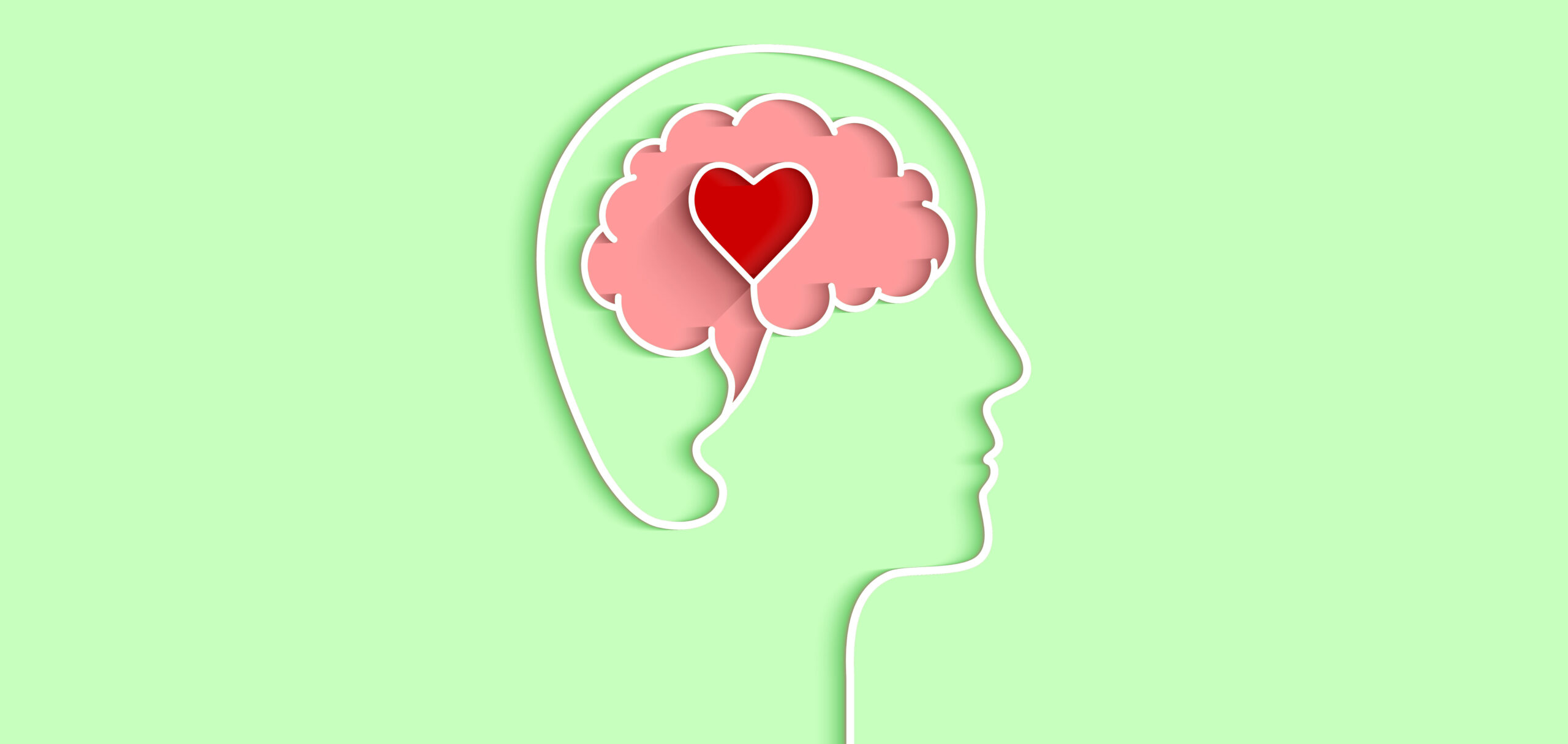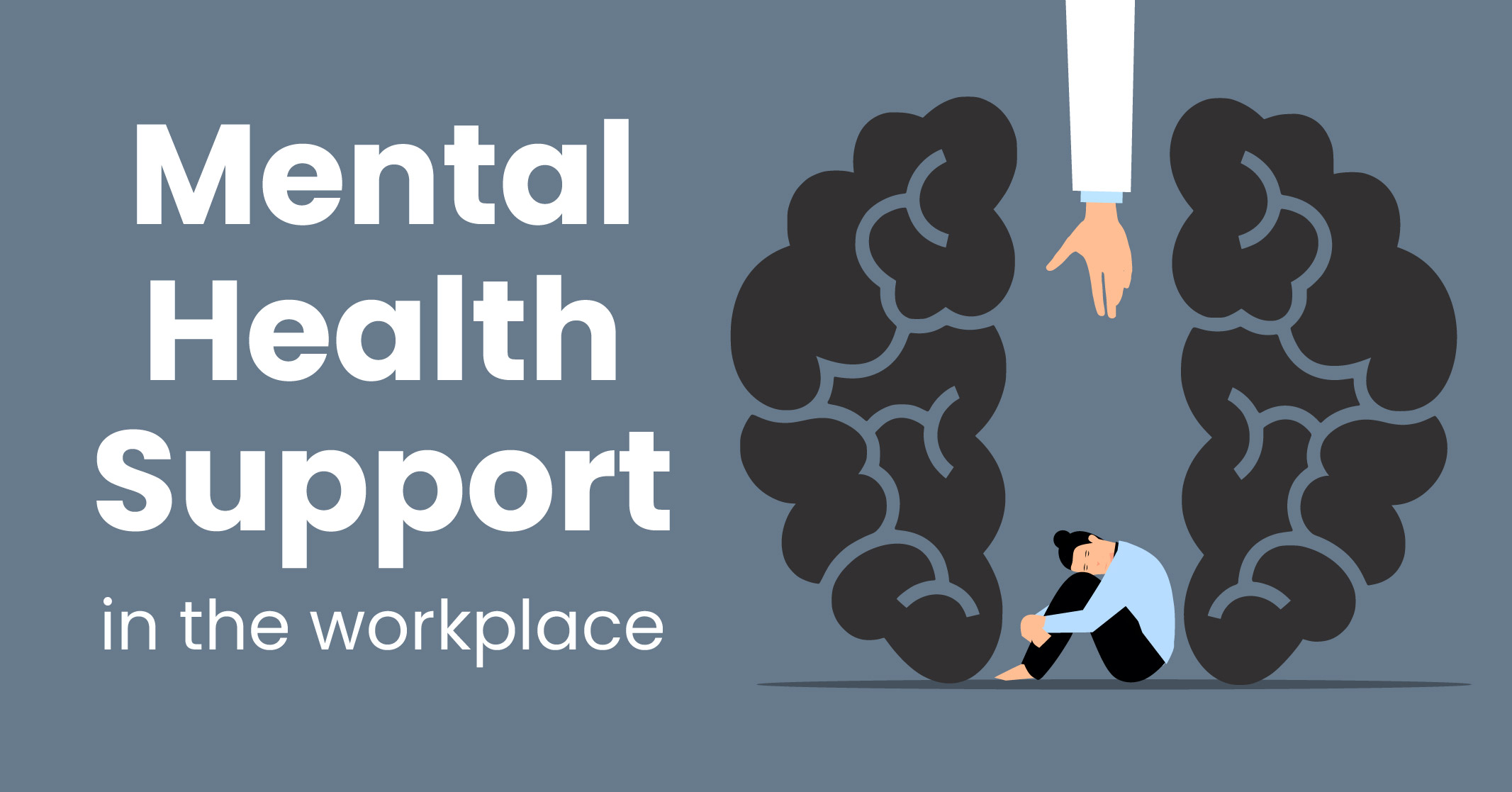Comprehensive Inpatient Mental Wellness Solutions for Effective Therapy
Inpatient mental health and wellness solutions represent a crucial element of the medical care system, offering a organized and intensive atmosphere for people experiencing severe mental distress. These solutions use a multidisciplinary method, incorporating various evidence-based therapies to resolve the complex requirements of people. However, the effectiveness of such comprehensive treatment expands beyond immediate stabilization; it likewise incorporates the transition to outpatient assistance, a vital stage frequently overlooked. Exploring the nuances of this continuum reveals significant implications for both private healing and wider psychological wellness outcomes. What factors genuinely affect this shift, and exactly how can we improve its efficiency?
Comprehending Inpatient Mental Health And Wellness Services
Inpatient psychological health and wellness services give essential assistance for individuals experiencing extreme mental distress that can not be managed properly in an outpatient setup. These services are created to provide an extensive level of care in an organized environment, often within a health center or specialized center. Patients confessed to inpatient programs typically show severe symptoms, such as self-destructive ideation, serious clinical depression, or psychosis, demanding continuous surveillance and treatment.
The admission process usually includes an extensive analysis by mental wellness professionals, that evaluate the individual's psychological state, history, and prompt requirements. As soon as admitted, individuals engage in a range of healing modalities tailored to their specific demands, consisting of medication administration, private treatment, and group sessions. This holistic strategy intends to support the patient's condition, advertise safety and security, and foster coping abilities.
Inpatient mental health and wellness solutions not just address immediate health and wellness worries yet also offer as a bridge to ongoing care. By supplying a regulated environment, these services help with the advancement of therapy plans that can be proceeded in outpatient setups, hence ensuring a continuum of care and enhancing long-lasting results for people with complicated psychological health needs.
Key Components of Effective Treatment
Efficient treatment in inpatient mental health and wellness solutions comprises several key components that foster recovery and stabilization. Firstly, a comprehensive assessment is important to determine the individual's particular needs and challenges. This assessment educates the growth of a customized therapy strategy, which works as a roadmap for treatment.
One more vital component is the multidisciplinary team method. Collaboration among psychoanalysts, psycho therapists, nurses, and social workers makes certain that different point of views add to the person's treatment, enhancing the effectiveness of therapy. Evidence-based restorative modalities, such as cognitive-behavioral treatment (CBT) and dialectical habits treatment (DBT), are additionally indispensable, supplying structured strategies that attend to maladaptive thought patterns and behavior problems.

Lastly, a concentrate on aftercare planning is crucial to make certain a smooth transition to outpatient solutions, minimizing the risk of relapse and promoting lasting wellness. These cumulative elements create a reliable treatment structure within inpatient psychological health solutions.
Benefits of Comprehensive Treatment

Thorough care in inpatient mental wellness solutions provides many advantages that significantly improve Get the facts client end results. Among the primary advantages is the alternative strategy to therapy, addressing not only the mental symptoms however additionally the physical, social, and emotional needs of clients. This detailed assessment enables tailored interventions that advertise overall well-being.
Another benefit is the combination of multidisciplinary teams, which promotes partnership among health care specialists. This collective atmosphere makes sure that individuals obtain worked with treatment, minimizing the danger of fragmented therapy and improving interaction amongst caregivers. Moreover, detailed care helps with continuity of services, enabling smooth transitions from inpatient to outpatient setups, which is crucial for long-term recuperation.

Last but not least, the organized setting of thorough inpatient treatment supplies a risk-free area for individuals to take part in therapeutic activities, helping them create dealing strategies and resilience. Jointly, these advantages add to much more effective therapy and boosted high quality of life for individuals experiencing mental wellness situations.
Evidence-Based Restorative Strategies
In the world of mental health therapy, evidence-based Click This Link restorative methods play an essential function in guaranteeing that patients obtain efficient and scientifically sustained treatments. These methods incorporate the most effective offered study with scientific competence and patient values, fostering a customized therapy experience that attends to private demands.
Cognitive Behavior Modification (CBT) is one of the most commonly recognized evidence-based techniques, concentrating on recognizing and changing unfavorable idea patterns and behaviors. This structured technique has actually demonstrated effectiveness in dealing with problems such as anxiety, depression, and ptsd. Likewise, Dialectical Actions Treatment (DBT) is specifically effective for individuals with borderline personality disorder, highlighting the advancement of psychological law and social performance abilities.
In addition, medicine administration is commonly an indispensable part of evidence-based therapy, as psychotropic medicines can reduce symptoms and improve overall performance. Joint treatment designs, which include multidisciplinary teams, further boost the efficiency of inpatient services by making certain detailed examinations and continuous monitoring.
Inevitably, the combination of evidence-based restorative approaches not only advertises favorable clinical end results yet additionally equips people, cultivating a sense of agency and strength in their mental wellness trips.
Transitioning to Outpatient Support
The change from inpatient mental health solutions to outpatient support notes an important phase in a person's healing journey. This period calls for cautious preparation and sychronisation to ensure connection of care and to alleviate the risks of regression or crisis. Reliable discharge planning should begin early in the inpatient stay, including a multidisciplinary team that includes psychoanalysts, psychologists, registered nurses, and social workers.
Crucial element of an effective change include the development of a detailed aftercare plan tailored to the person's specific requirements. This strategy ought to lay out follow-up appointments, medicine monitoring, and therapeutic interventions, in addition to recognize community resources and assistance groups that can help with recurring recuperation.
Furthermore, individual and family members education is important during this stage. Recognizing the signs of prospective obstacles and the significance of sticking to therapy can encourage patients and their support systems.
Routine follow-up and review of the outpatient strategy are important to deal with developing difficulties. By promoting a collective partnership between inpatient and outpatient carriers, the possibility of sustained healing boosts, eventually improving the individual's lifestyle and lowering the threat of readmission.

Conclusion
In summary, thorough inpatient mental health services offer an important framework for dealing with serious mental distress through a multidisciplinary method. Eventually, such extensive care is vital for long-term psychological health and wellness and wellness.
The admission process typically involves a comprehensive assessment by psychological wellness experts, who assess the individual's psychological state, background, and instant needs.Efficient treatment in inpatient mental wellness solutions makes up several vital parts that promote recovery and stablizing.Detailed care in inpatient mental wellness services offers many advantages that substantially enhance person results.The transition from inpatient psychological health and wellness services to outpatient assistance marks a critical stage in a client's recuperation journey.In recap, detailed inpatient mental wellness services supply a necessary framework for resolving serious emotional distress with a multidisciplinary approach.